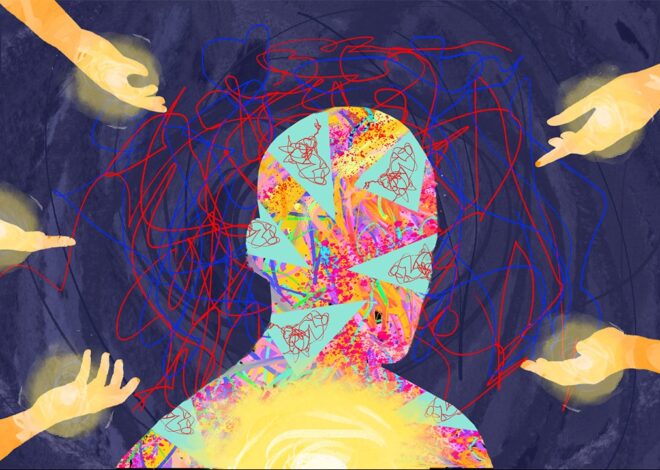
New Type of COVID: (JN.1) Sparks Surge Concerns
In Britain, news about a scary new type of Covid called JN.1 is making people worry about a possible winter rise. The NHS is already dealing with regular problems like norovirus, flu, and other infections. The appearance of JN.1 adds another level of worry.
New Type of COVID: A Threat That’s Getting Worse:

Officials say that JN.1 is spreading quickly and was found in one in thirteen cases of Covid in England last month. But the real number of cases may be higher, even though the general number of Covid cases is still pretty low. The UK Health Security Agency (UKHSA) is officially keeping an eye on the version, but experts stress that there isn’t much chance of a new lockdown because so many people have been vaccinated.
New Type of COVID: Effects on health:
In contrast to the serious symptoms seen in 2020, JN.1 tends to make people sick in a way that is similar to the flu. The risk to each person’s health may be smaller. But a large number of cases could overwhelm the NHS, which is already dealing with a lot of people who have the flu, norovirus, and respiratory infections like whooping cough.
New Type of COVID: What the NHS faces this winter:
As seasonal viruses continue to spread, the NHS is dealing with more patients and more problems. Professor Julian Redhead, who is in charge of urgent and emergency care for NHS England, says that seasonal bugs are becoming more common and that hospitals are still very busy. Winter bugs are likely to keep spreading because of the cold weather and holiday parties.
International Spread: The UKHSA first found JN.1 through regular monitoring. This was mostly because of a worrying mutation in its spike protein. Which helps the virus get past the immune system. The version is becoming more popular not only in the UK but also around the world. It is now publicly known as V-23DEC-01 and is being closely watched.
Right now, there have been 302 reports of JN.1 in the UK as of Monday. With most of them being in England. Not all of the patients check, though, so this number is probably too low. JN.1 was responsible for 7.9% of cases in England by the middle of November. With an estimated weekly growth rate edge of 84.2%. This made it the strain that had spread the fastest in at least eight months.
Opinions of experts:
Leading experts on infectious diseases, such as Dr. Meaghan Kall from the UKHSA. She worrie that JN.1 could cause a winter wave. Dr. Kall talks about how quickly the variant is growing and says that variant forces should now be taken into account when predicting a winter Covid surge.
In conclusion:
Even though JN.1 may not have as much of an effect on health as other viruses. Its fast growth is causing problems for the NHS and worries about a possible winter surge. To lessen the effects of new variants and seasonal viruses, people need to stay alert, keep getting vaccinated, and follow public health standards.


